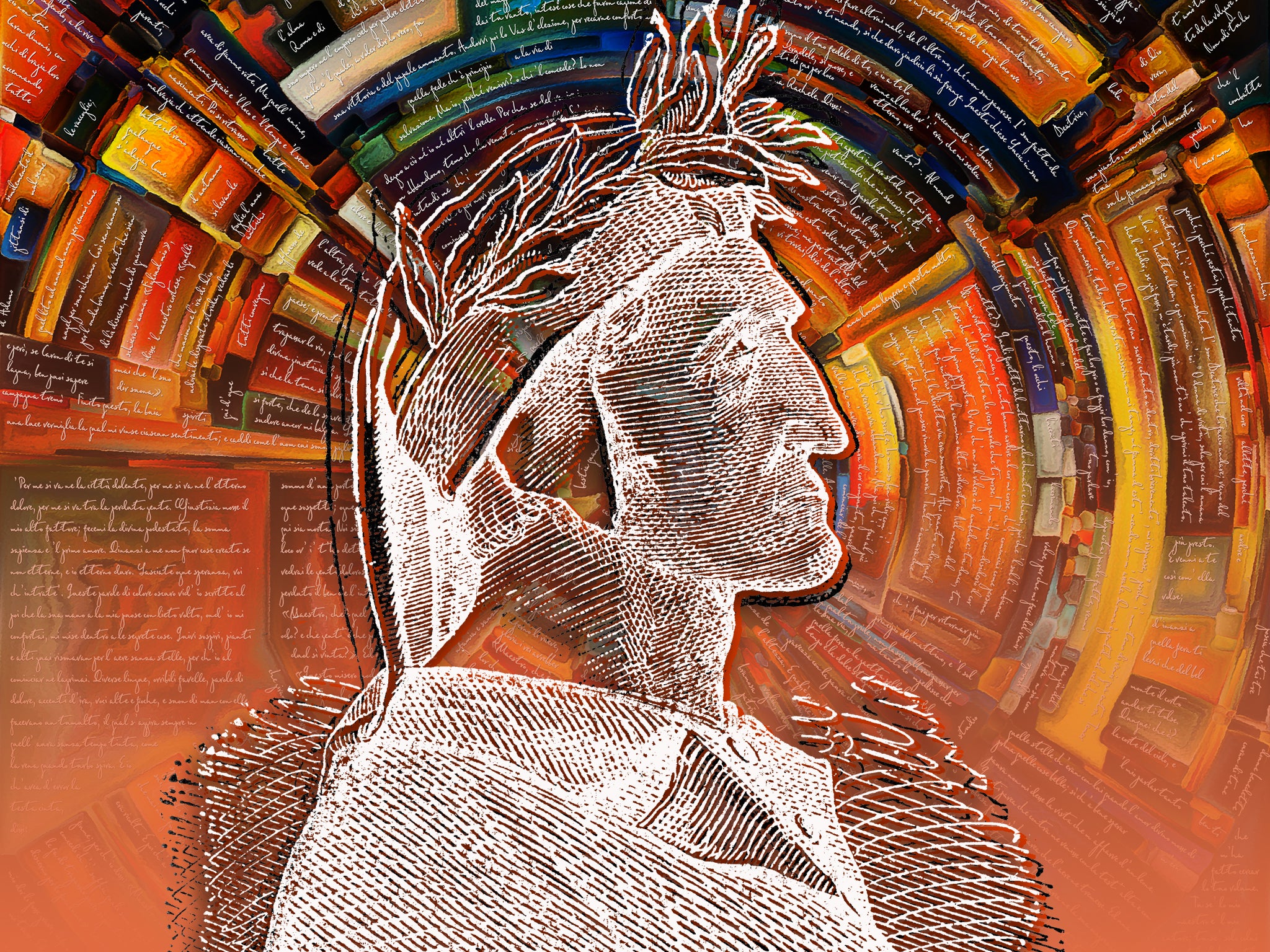The story of Dante and the circle of hell he reserved for certain politicians
Seven hundred years after his death, Dante’s ‘Divine Comedy’ still rings true, especially where certain politicians are concerned. Kevin Childs traces the story behind the epic poem and why it’s relevant today

It’s been more than 700 years since its creation, but there really is a circle of hell reserved for certain politicians. When the Italian poet, Dante Alighieri, envisioned that ring, he prophesied the demise and damnation of all those who’ve tried to break the peace and harmony of Europe across the ages. He gave us a universal system for judging them and an alternative view which, seen in a particular way, seems shockingly modern.
In his greatest work, the epic poem Divine Comedy, Dante not only defines the topography of this place for generations to come, he confines to the deepest trenches of hell the liars and promise-breakers, the traitors and kleptocrats, anyone who saw political and financial opportunities in sowing discord and fomenting disunity. Anyone who thought conflict was preferable to peace. If it were written now, it would be obvious who’d be there. You know who you are. We know who you are, and the remarkable thing about Dante’s magnificent poem is that he’s done it all for us. You could swap a few names, but the crimes and the punishments would be the same.
When Dante died in September 1321 – 700 years ago – he’d just completed the work for which he is most remembered. The Divine Comedy has since been read and re-read, translated and learned by heart. Michelangelo Buonarroti is said to have had every word of it by rote. Its visions of heaven and hell have entered our subconscious. Its tales of tragedy, horror, triumph and bliss – little poems within the longer poem – have inspired other writers, painters and composers for centuries. And Dante’s language, Tuscan, would become the basis of the official modern Italian language. Few writers have had quite the range and depth of influence on others as Dante.
Subscribe to Independent Premium to bookmark this article
Want to bookmark your favourite articles and stories to read or reference later? Start your Independent Premium subscription today.
Join our commenting forum
Join thought-provoking conversations, follow other Independent readers and see their replies